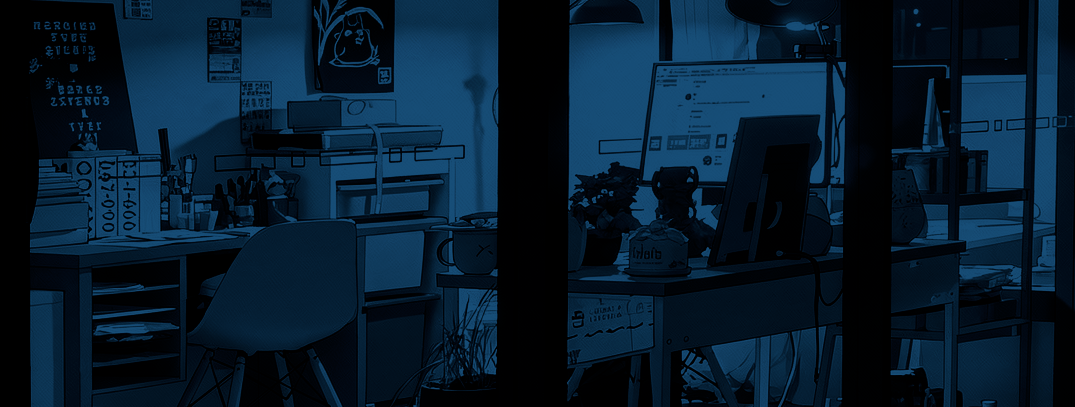Eleanor Hecks writes about places to assemble a team of beta readers…
Many writers already know about the beta reader groups on Goodreads or the online writer’s community Scribophile. However, there are many unique places for them to meet and connect with beta readers outside these mainstream platforms.
Underrated Beta Readers
These places can be a bit under the radar or require more searching, but they can also help writers connect with talented beta readers to review their manuscript.
1. Reddit
Reddit is home to tons of niche communities, including readers and writers. Authors can post a personal ad on relevant subreddits like r/BetaReaders and r/DestructiveReaders to find beta readers interested in reviewing their work. They can also browse existing threads and see posts from people advertising their services there.
2. Facebook Groups
Facebook has around 3 billion monthly active users, making it a viable place to find beta readers. Authors can look up writing or dedicated beta reader groups to find peers they may want to work with.
3. Alumni Networks
Schools and universities boast vast alumni networks that include literature enthusiasts, writers and publishing professionals. For example, Harvard Business School has 90,662 alumni across 173 countries, making it the perfect place to look for beta readers and creative collaborators. Writers can reach out through alumni events, directories or mutual acquaintances and propose the arrangement.
4. Instagram Communities
Instagram has a growing community of readers and writers who can find each other through writing or genre-related hashtags. The platform hosts 2 billion active users, and some users advertise their services through hashtags like #betareaders or #betareaderswanted.
5. Twitter Hashtags
Twitter (now X) is a hub for real-time engagement for various niche groups, including the writing community. Writers can explore the search function and connect with beta readers and fellow authors through hashtags like #betareader and #writingcommunity.
6. Fiverr
A paid beta read is a good idea for writers who want a stranger’s opinion. Online gig platforms like Fiverr host hundreds of beta readers, whose prices range from $5 to over $500, depending on experience and expertise. When finding a beta reader on these platforms, it’s good practice to check their reviews or ask them about their experience to see if they are a good fit for the project.
7. Writing Workshops
Both online and in-person writing workshops establish an environment that welcomes feedback. Joining one, even for other forms of writing, helps authors connect and find potential beta readers. They can share excerpts of their work and receive feedback from fellow skilled wordsmiths.
8. Local Literary Events
Book fairs, conferences or bookstore readings are great places to meet other writers and readers. Conversations at these events can lead to beta reading exchanges or help authors find potential collaborators. For example, they can meet sensitivity readers, a type of editor specializing in promoting authentic representation of marginalized identities.
9. Fellow Authors
Some of the best beta readers are also writers. Authors understand story structure, pacing, tone and basic language rules. Writers can tap into their personal networks and find friends or acquaintances to beta read their work.
10. Friends and Family
Friends and family are some of the most accessible beta readers writers can access, especially if they’re new. They can provide helpful insights, especially if they form part of the book’s target audience. Writers may need to prepare specific questions relating to flow, clarity and other elements to guide their feedback.
Tips for Working Well With Beta Readers
Each beta reader is unique, bringing their own experience and perspectives to every manuscript they review. Here are some ways to make the most out of the writer-beta reader relationship:
1. Be Professional and Appreciative
Writers should be polite, professional and clear when approaching a potential beta reader. The first message should include a brief description of the work and some expectations. Being kind and appreciative is essential, especially since most beta readers perform this service for free.
2. Offer an Exchange
One way to secure a beta read from other writers is to offer an exchange, since it’s mutually beneficial. Beta read exchanges are also a great way to form relationships within the industry and gain expert writing insight.
3. Accept Their Critique
A beta reader might give negative feedback. As much as possible, writers should avoid arguing with their critique. They can clarify points of confusion, but accepting constructive criticism helps the writer understand other perspectives.
4. Send a Free Book
Sending a free book is good etiquette in beta reading, especially if the writer received a free service. Reading and critiquing an entire manuscript is hard work — giving away a free copy is the least a writer can do.
Thinking Outside the Box
Writers can find beta readers almost anywhere. Popular platforms like Goodreads are great, but smaller, niche or in-person communities also offer a wealth of talent to help authors refine their manuscripts and bring their stories to life.
Eleanor Hecks is a writer and web designer who is passionate about helping other writers grow their online presence. Her work can be found on her site Designerly, as well as publications such as IndependentPublishing.com and I Need a Book Cover.


